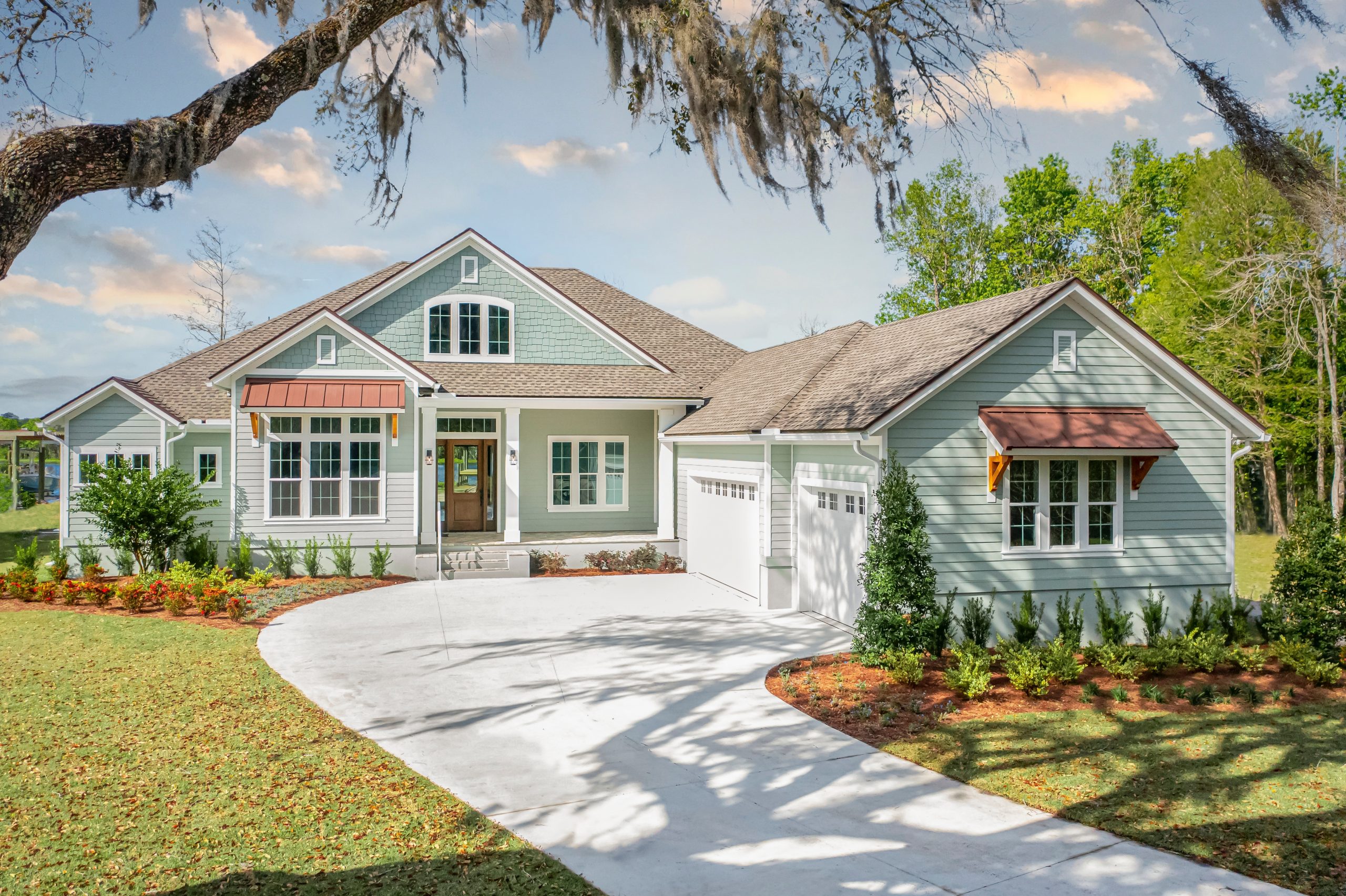Natural disasters can strike unexpectedly, causing significant damage and posing threats to life and property. For seniors, preparing for these events is especially crucial to ensure safety and minimize stress. Taking proactive steps can make a significant difference when facing hurricanes, earthquakes, floods, or other natural disasters. Here are comprehensive tips and insights on how to prepare your home for natural disasters.
Understanding Your Risk
1. Know Your Local Hazards: The first step in disaster preparedness is understanding the specific risks in your area. Different regions are prone to different types of natural disasters, such as hurricanes, tornadoes, earthquakes, floods, or wildfires.
Tips:
- Research: Use local government resources or the Federal Emergency Management Agency (FEMA) website to learn about the natural disasters most likely to affect your area.
- Community Alerts: Sign up for local emergency alerts and weather notifications to stay informed about impending threats.
Create an Emergency Plan
1. Develop a Family Emergency Plan: Having a clear plan in place ensures everyone knows what to do when a disaster strikes.
Tips:
- Communication Plan: Establish how you will communicate with family members during and after a disaster. Choose an out-of-town contact person everyone can reach.
- Meeting Points: Designate safe, easily accessible meeting spots both inside and outside your neighborhood.
- Evacuation Routes: Plan multiple evacuation routes in case primary roads are blocked or unsafe.
2. Prepare an Emergency Kit: An emergency kit contains essential items you may need during a disaster.
Tips:
- Basic Supplies: Include water (one gallon per person per day for at least three days), non-perishable food, a flashlight, batteries, a first-aid kit, medications, and a multi-tool.
- Personal Items: Pack personal hygiene items, extra clothing, and copies of important documents (ID, insurance policies, medical records).
- Special Needs: Don’t forget items for pets, mobility aids, or specific health needs.
Fortify Your Home
1. Strengthen Structural Integrity: Enhancing your home’s structure can help withstand natural disasters.
Tips:
- Roof and Windows: Install hurricane straps, impact-resistant windows, and storm shutters to protect against high winds and flying debris.
- Foundation: Ensure your home’s foundation is reinforced, especially if you live in an earthquake-prone area.
- Garage Door: Reinforce the garage door, which is often a weak point in homes during hurricanes and tornadoes.
2. Maintain the Landscape: Your yard can contribute to your home’s safety.
Tips:
- Trim Trees: Regularly trim trees and shrubs to prevent branches from breaking and causing damage.
- Clear Debris: Keep gutters, downspouts, and storm drains clear to prevent water buildup and reduce flood risk.
- Secure Outdoor Items: Store outdoor furniture, grills, and other items that could become projectiles in high winds.
Stay Informed and Ready
1. Monitor Weather Conditions: Staying informed about weather conditions helps you act quickly when necessary.
Tips:
- Weather Apps: Use reliable weather apps to receive real-time updates and warnings.
- NOAA Weather Radio: Keep a battery-powered NOAA Weather Radio for continuous updates during power outages.
2. Practice Your Plan: Regularly practicing your emergency plan ensures everyone knows what to do when disaster strikes.
Tips:
- Drills: Conduct family drills at least twice a year to practice evacuation routes and emergency procedures.
- Review: Review and update your emergency plan annually or after any significant changes in your household or health status.
Financial Preparedness
1. Insurance Coverage: Having the right insurance can significantly reduce financial burdens after a disaster.
Tips:
- Review Policies: Regularly review your homeowners or renters insurance policies to ensure they cover natural disasters common in your area.
- Flood Insurance: Consider purchasing flood insurance, as standard policies typically do not cover flood damage.
2. Emergency Funds: Having an emergency fund can help cover immediate expenses after a disaster.
Tips:
- Savings: Set aside a dedicated emergency fund with enough money to cover at least three months of living expenses.
- Cash: Keep a small amount of cash on hand, as ATMs and credit card machines may not work during power outages.
